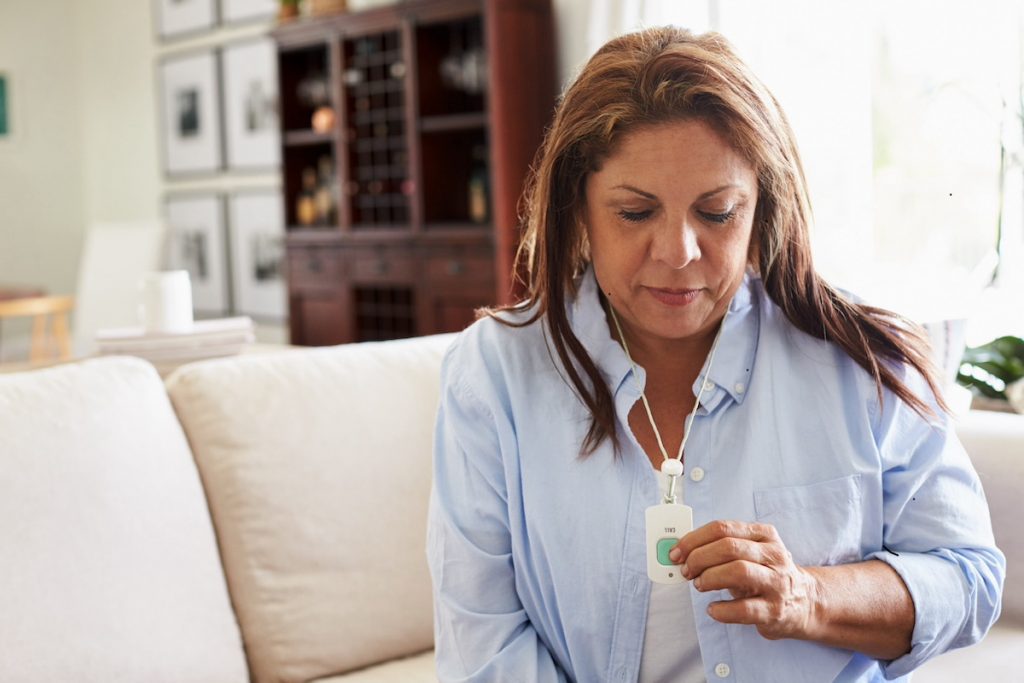A new procurement system has been launched to help local authorities access digital telecare services.
The ‘dynamic purchasing system’ – valued at an estimated £12m over 10 years – will allow councils to find suppliers of next generation alarms and home tech-based systems for health and social care.
Launched by Scotland Excel – the procurement arm of Scottish local government – the DPS will initially allow companies to submit applications to be part of a formally approved list of contractors that meet stringent software and security standards.
Richard Bridgen, senior procurement specialist at Scotland Excel, says: “The DPS is a method for us to provide a flexible offering to local authorities and housing associations by allowing new participants to join through its lifetime. Suppliers can apply to join at anytime during its lifetime and go through a stage similar to a pre qualifying questionnaire (SPD). Once appointed to the DPS all the suppliers are then issued tenders by councils. The DPS is for commonly available products, we are not seeking services through this DPS. We see the DPS as also assisting us with one of our strategic objectives, encouraging SMEs to access the public sector market.”
Following on from this, it is envisaged that a digital telecare services framework will also be published, lasting four years, where suppliers provide pricing for goods and services. On a framework, the suppliers can then receive direct awards from users unlike on the DPS where suppliers enter ‘competitions’.
The telecare market is currently undergoing its own transformation with analogue based home alarm services due to be switched off by 2025. Digital solutions will become the norm, and it is envisaged that a high number of future services will be deployed with additive internet of things based technologies that rely on sensors to generate various home care alerts around air quality levels, damp and energy efficiencies as well as more intervention based services including monitoring of falls.
Details of the new DPS – broken into two lots – were published on the public contracts Scotland website with the first lot including body-worn pendant alarms, fall detectors, bed sensors, lifestyle monitoring, bogus caller buttons, wearable and predictive devices. The second lot will include smoke and movement detectors and gas, humidity and temperature sensors.
